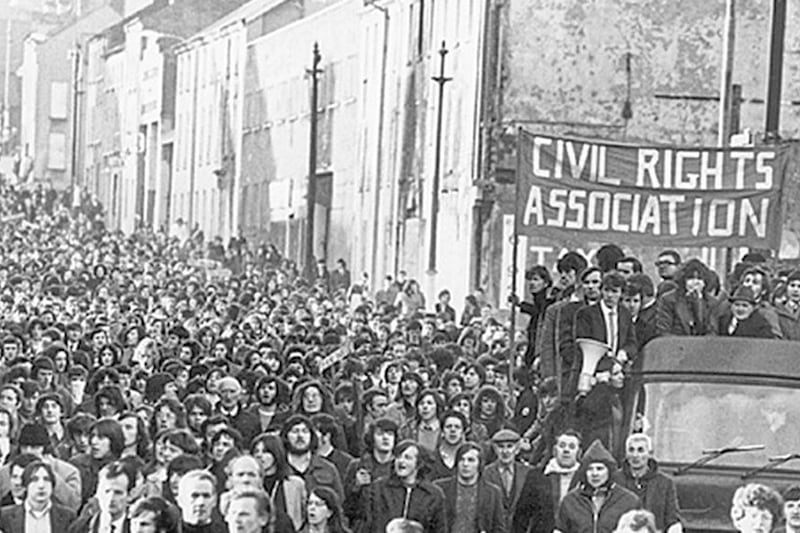A BRITISH soldier, whom the Saville Inquiry linked to the deaths of three people on Bloody Sunday, has been publicly named for the first time.
Known as Soldier G, the man was linked to the shooting of Gerard McKinney and Gerald Donaghy and the killing of Jim Wray in January 1972.
Village magazine, which is based in Dublin, has named the soldier for the first time, despite a court order preventing it.
It also named Soldier F, who was previously named by SDLP MP Colum Eastwood in the House of Commons under parliamentary privilege.
Thirteen people were shot dead when members of the Parachute Regiment opened fire on civil rights demonstrators in Derry on January 30, 1972. A fourteenth person who was wounded died later.
Several former soldiers, known to the public only by single letters, were granted anonymity by the Saville Inquiry into the killings.
Village magazine said Soldier G, who was around 21 at the time of Bloody Sunday, later physically attacked prisoners at Fort George in Derry.
Fr Terence O’Keeffe, who was among the prisoners, said the soldier had "scary eyes" and an "almost psychotic look".
He later joined a special force unit in the South African Army which fought to preserve apartheid.
He was reportedly shot dead by a sniper in February 1986, aged 35.
Prosecutors said in July 2021 that they would not go ahead with murder charges against Soldier F over the deaths of two men on Bloody Sunday.
However in March the High Court quashed the decision to drop the murder charges.







